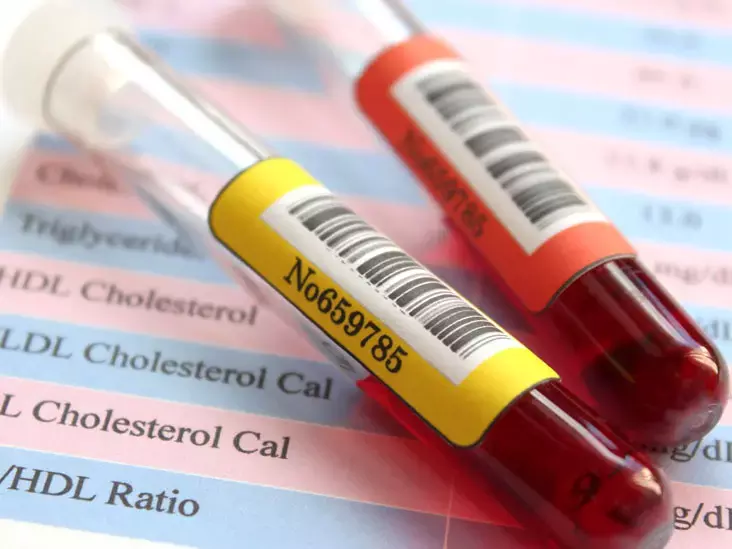- Home
- Medical news & Guidelines
- Anesthesiology
- Cardiology and CTVS
- Critical Care
- Dentistry
- Dermatology
- Diabetes and Endocrinology
- ENT
- Gastroenterology
- Medicine
- Nephrology
- Neurology
- Obstretics-Gynaecology
- Oncology
- Ophthalmology
- Orthopaedics
- Pediatrics-Neonatology
- Psychiatry
- Pulmonology
- Radiology
- Surgery
- Urology
- Laboratory Medicine
- Diet
- Nursing
- Paramedical
- Physiotherapy
- Health news
- Fact Check
- Bone Health Fact Check
- Brain Health Fact Check
- Cancer Related Fact Check
- Child Care Fact Check
- Dental and oral health fact check
- Diabetes and metabolic health fact check
- Diet and Nutrition Fact Check
- Eye and ENT Care Fact Check
- Fitness fact check
- Gut health fact check
- Heart health fact check
- Kidney health fact check
- Medical education fact check
- Men's health fact check
- Respiratory fact check
- Skin and hair care fact check
- Vaccine and Immunization fact check
- Women's health fact check
- AYUSH
- State News
- Andaman and Nicobar Islands
- Andhra Pradesh
- Arunachal Pradesh
- Assam
- Bihar
- Chandigarh
- Chattisgarh
- Dadra and Nagar Haveli
- Daman and Diu
- Delhi
- Goa
- Gujarat
- Haryana
- Himachal Pradesh
- Jammu & Kashmir
- Jharkhand
- Karnataka
- Kerala
- Ladakh
- Lakshadweep
- Madhya Pradesh
- Maharashtra
- Manipur
- Meghalaya
- Mizoram
- Nagaland
- Odisha
- Puducherry
- Punjab
- Rajasthan
- Sikkim
- Tamil Nadu
- Telangana
- Tripura
- Uttar Pradesh
- Uttrakhand
- West Bengal
- Medical Education
- Industry
Low-dose quetiapine linked to increase in fasting triglyceride levels: Study

In a new study conducted by Mikkel Højlund and team it was shown that in all patients, low-dose quetiapine was linked to a significant rise in fasting triglycerides (fTG) and a fall in high-density lipoprotein cholesterol (HDL-C), as well as a rise in hemoglobin (HbA1c), total cholesterol (TC), and low-density lipoprotein cholesterol (LDL-C) in those with normal baseline values. The findings of this study were published in Acta Psychiatrica Scandinavica.
The use of quetiapine at recommended dosages has been linked to hyperglycemia and dyslipidemia. It is still unknown, nevertheless, if even commonly prescribed low-dose quetiapine causes major metabolic abnormalities. In order to ascertain whether low-dose, off-label quetiapine changes in levels of glycosylated hemoglobin (HbA1c) or lipid markers, this study was done.
Researchers used measures of HbA1c, total cholesterol, high-density lipoprotein cholesterol, low-density lipoprotein cholesterol, or fasting triglycerides within 365 days before and after quetiapine initiation to find new users of low-dose quetiapine (50mg pills) in Denmark between 2008 and 2018. In order to calculate the coefficients and 95% confidence intervals (95%CIs) for changes in cardiometabolic parameters following the start of quetiapine, mixed-effects linear regression models were utilized. In order to reduce selection bias, inverse probability weighting was employed. Quetiapine doses greater than 50 mg were incorporated in sensitivity analysis.
The key findings of this study were:
1. Low-dose quetiapine commencement was linked with elevated fTG and decreased HDL-C among 106,711 eligible new low-dose users.
2. All three metabolic markers increased significantly among people with normal pre-quetiapine beginning levels, even if HbA1c did not alter significantly and TC and LDL-C even dropped when taking into account all patients.
3. Contrary to fTG, quetiapine had a dose-dependent negative metabolic effect on HbA1c, TC, LDL, and HDL-C.
Højlund, M., Støvring, H., Andersen, K., Correll, C. U., & Hallas, J. (2022). Impact of low‐dose quetiapine‐use on glycosylated haemoglobin, triglyceride and cholesterol levels. In Acta Psychiatrica Scandinavica. Wiley. https://doi.org/10.1111/acps.13515
Neuroscience Masters graduate
Jacinthlyn Sylvia, a Neuroscience Master's graduate from Chennai has worked extensively in deciphering the neurobiology of cognition and motor control in aging. She also has spread-out exposure to Neurosurgery from her Bachelor’s. She is currently involved in active Neuro-Oncology research. She is an upcoming neuroscientist with a fiery passion for writing. Her news cover at Medical Dialogues feature recent discoveries and updates from the healthcare and biomedical research fields. She can be reached at editorial@medicaldialogues.in
Dr Kamal Kant Kohli-MBBS, DTCD- a chest specialist with more than 30 years of practice and a flair for writing clinical articles, Dr Kamal Kant Kohli joined Medical Dialogues as a Chief Editor of Medical News. Besides writing articles, as an editor, he proofreads and verifies all the medical content published on Medical Dialogues including those coming from journals, studies,medical conferences,guidelines etc. Email: drkohli@medicaldialogues.in. Contact no. 011-43720751


